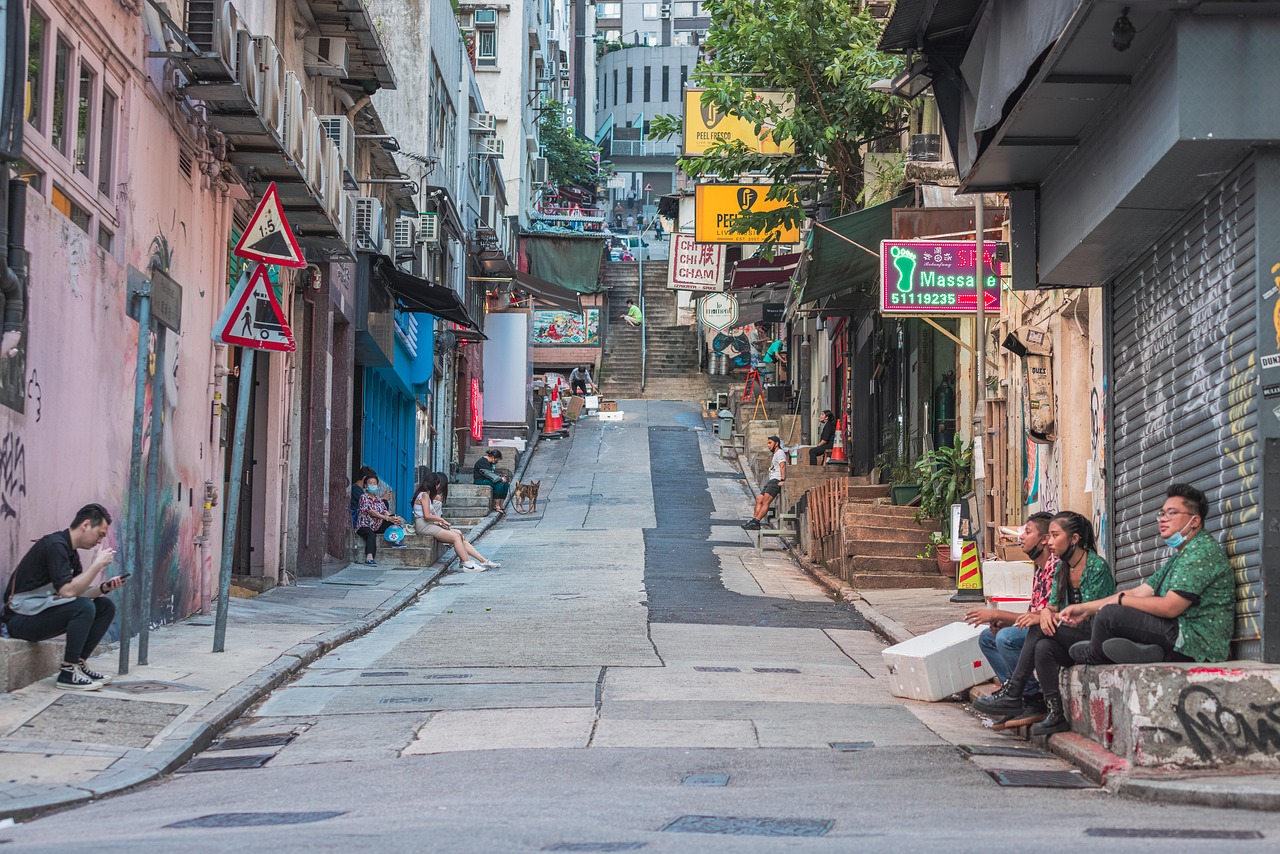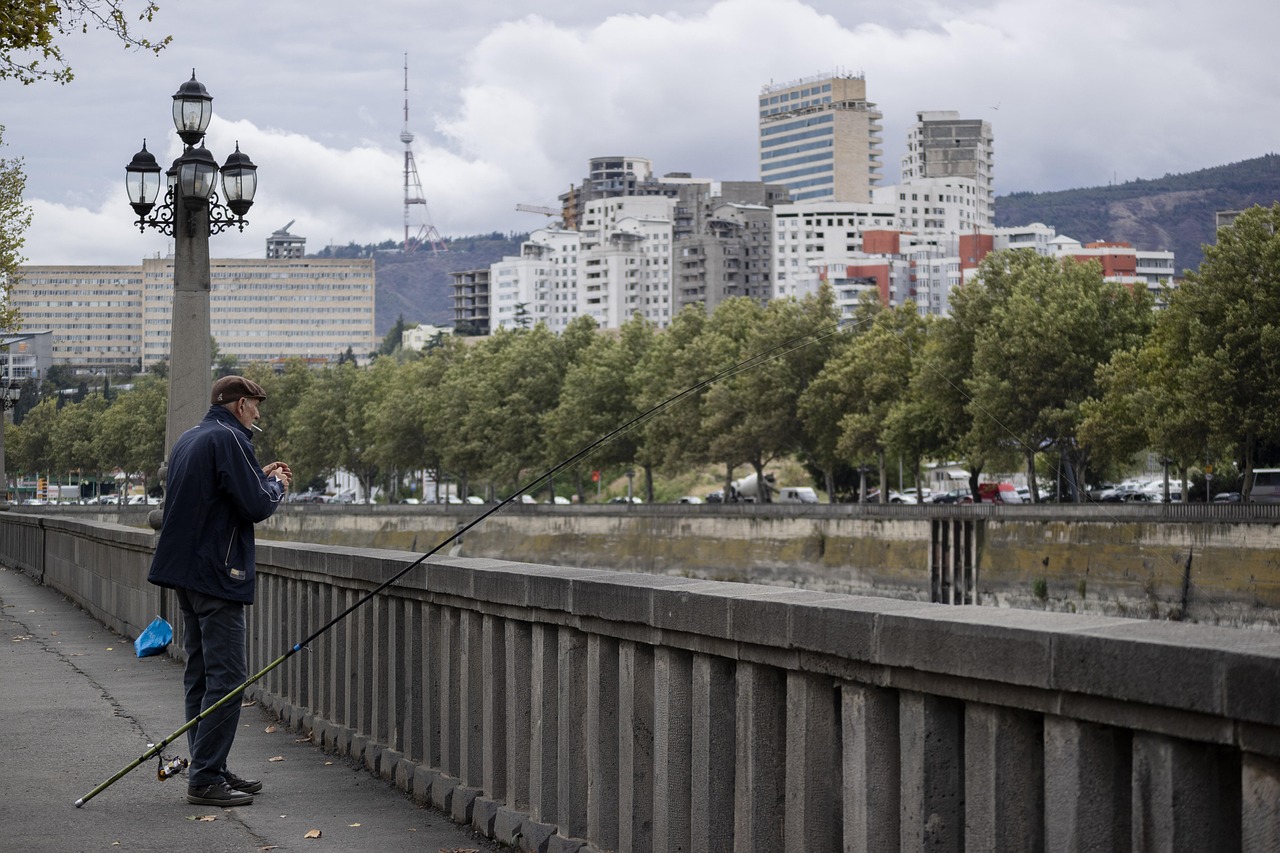Maximizing Productivity: The Essential Daily Life Hacks You Need to Know
In today’s fast-paced world, maximizing productivity is more crucial than ever. Balancing work, family, and personal time can feel like a juggling act, but with the right strategies, you can enhance your efficiency without burning out. This guide will walk you through essential daily life hacks that can transform your routine and boost your productivity.
Understanding the Importance of Productivity
Productivity is not just about working harder; it’s about working smarter. By understanding the importance of productivity, you can better manage your time, reduce stress, and achieve more in less time. According to MindTools, improving productivity can lead to increased satisfaction and better work-life balance, which are essential for long-term success.
Start with a Clear Plan
One of the most effective ways to increase productivity is to start each day with a clear plan. This involves setting specific goals and outlining tasks that need to be accomplished. Begin by prioritizing tasks based on their importance and urgency. The Eisenhower Box is a useful tool for categorizing tasks to help you focus on what truly matters. By doing this, you ensure that you are not overwhelmed and can tackle your day with clarity.
Utilize Time Blocking
Time blocking is a powerful technique that involves dedicating specific blocks of time to particular tasks or activities. By scheduling your day into blocks, you can minimize distractions and maintain focus. For instance, reserve blocks for deep work, meetings, and breaks. According to Calendly, this method not only enhances concentration but also boosts productivity by creating a structured environment where distractions are minimized.

Adopt the Two-Minute Rule
The Two-Minute Rule is a productivity hack that suggests if a task can be completed in two minutes or less, do it immediately. This approach helps prevent the buildup of small tasks that can become overwhelming if left unattended. By quickly addressing minor tasks, you free up your time for more significant projects and maintain a tidier workspace and mental space.
Practice the Pomodoro Technique
The Pomodoro Technique is another effective strategy to enhance productivity. It involves working in focused sprints of 25 minutes followed by a short break. This method helps maintain high levels of concentration and prevents burnout. By breaking work into manageable intervals, you can tackle tasks more efficiently and maintain a high level of productivity throughout the day.
Maintain a Healthy Work-Life Balance
Productivity isn’t just about what you achieve at work; it’s also about maintaining a healthy balance between professional and personal life. Ensure you allocate time for relaxation, hobbies, and family. According to Psychology Today, a healthy work-life balance can lead to improved mental and physical health, increased engagement, and enhanced productivity.
Leverage Technology Wisely
In our digital age, technology can be both a productivity booster and a hindrance. To maximize productivity, use apps and tools that help streamline tasks and reduce manual effort. Tools like Trello for project management and Evernote for note-taking can significantly improve your efficiency. However, it’s crucial to be mindful of digital distractions such as social media. Set boundaries and use apps like Freedom to block distracting sites during work hours.
Foster a Productive Environment
Your environment plays a crucial role in your productivity levels. A clutter-free workspace can help reduce distractions and increase focus. Incorporate elements such as natural light, plants, and ergonomic furniture to create a conducive working environment. A well-organized space not only boosts productivity but also enhances your mood and motivation.
Incorporate Physical Activity

Regular physical activity is not only beneficial for your health but also has a positive impact on productivity. Exercise helps improve concentration, memory, and creativity. Whether it’s a morning jog, a yoga session, or a quick walk during breaks, incorporating physical activity into your daily routine can lead to significant productivity gains. According to Harvard Health, physical exercise can reduce stress and improve mental health, contributing to better focus and efficiency.
Practice Mindfulness and Meditation
Mindfulness and meditation are powerful techniques to enhance focus and clarity. By dedicating a few minutes each day to mindfulness, you can reduce stress and improve concentration. Mindfulness practices help train your mind to stay present, reducing the tendency to get distracted by past events or future worries. Implementing simple meditation exercises can have a profound impact on your productivity and overall well-being.
Takeaways
Maximizing productivity requires a combination of effective strategies and consistent habits. By adopting the life hacks discussed in this post, you can enhance your efficiency and achieve a better balance between work and personal life. Remember that productivity is not about being busy all the time but about making the most of your time and energy. Implement these daily hacks, and watch your productivity soar while maintaining a healthy and fulfilling lifestyle.
Set Boundaries and Say No
Learning to set boundaries and say no is an essential skill for maximizing productivity. It’s important to recognize your limits and not overcommit to tasks that can drain your energy and time. Saying no does not mean you are unhelpful; rather, it allows you to focus on tasks that align with your priorities and goals. By clearly communicating your boundaries, you can manage expectations and prevent burnout.
Embrace the Power of Delegation

Delegation is a vital aspect of productivity, especially in a work environment. Understanding when and how to delegate tasks can free up valuable time for you to focus on higher-priority activities. Trusting your team with responsibilities not only empowers them but also enhances team efficiency. Effective delegation involves identifying the right tasks to delegate and choosing the right people to handle them, ensuring a seamless workflow.
Practice Continuous Learning
Continuous learning and skill development are integral to staying productive in the long term. Embrace a growth mindset and seek opportunities to learn new skills or improve existing ones. This could involve taking online courses, attending workshops, or reading industry-related books. Continuous learning keeps you adaptable, informed, and ready to tackle new challenges, ultimately contributing to sustained productivity.
Reflect and Review Regularly
Regular reflection and review of your productivity strategies are crucial for ongoing improvement. Take time at the end of each day or week to assess what worked well and what didn’t. This practice allows you to adjust your methods and optimize your workflow. By being mindful of your productivity patterns, you can implement changes that lead to continuous improvement and greater efficiency over time.
Focus on Quality, Not Quantity
In the quest for productivity, it’s easy to fall into the trap of focusing on quantity over quality. However, producing high-quality work is more rewarding and impactful than simply completing many tasks. By prioritizing quality, you ensure that your efforts yield valuable results. This approach not only enhances your reputation but also leads to greater satisfaction and motivation in your work.
Stay Hydrated and Maintain a Balanced Diet
Physical well-being is closely linked to productivity. Staying hydrated and maintaining a balanced diet can significantly affect your energy levels and cognitive function. Dehydration and poor nutrition can lead to fatigue and decreased focus. By ensuring you drink enough water and eat nutritious meals, you support your body and mind in performing at their best, thereby enhancing your productivity.
Get Enough Sleep

Sleep is a fundamental component of productivity that is often overlooked. Adequate rest is crucial for cognitive function, memory, and overall health. Lack of sleep can impair decision-making and concentration, negatively affecting your productivity. Aim for 7-9 hours of quality sleep per night and establish a regular sleep schedule to ensure you wake up refreshed and ready to tackle the day.
Conclusion: The Journey to Enhanced Productivity
Maximizing productivity is a journey that involves adopting a range of strategies and consistently refining your habits. By implementing the life hacks discussed in this article, you can create a more structured, focused, and fulfilling daily routine. Remember that the key to productivity is not about doing more but about doing what matters most. By focusing on quality, setting clear boundaries, and taking care of your physical and mental well-being, you can achieve sustainable productivity and lead a balanced, rewarding life.
Harness the Benefits of a Morning Routine
A well-structured morning routine can set the tone for a productive day. By starting your day with intention, you can ensure that you are mentally and physically prepared for the challenges ahead. Your morning routine might include activities such as meditation, exercise, journaling, or planning your day. The key is to find a routine that energizes you and aligns with your personal goals.
Eliminate Multitasking
While multitasking might seem like an efficient way to get things done, it often leads to reduced productivity and increased errors. The human brain is not designed to handle multiple tasks simultaneously, and switching between tasks can drain mental resources. Instead, focus on one task at a time, giving it your full attention. This approach not only enhances the quality of your work but also reduces stress and improves efficiency.
Utilize the Power of Breaks
Taking regular breaks throughout the day is essential for maintaining peak productivity. Short breaks help to refresh your mind, prevent fatigue, and maintain concentration. Techniques like the Pomodoro Technique, which incorporates timed breaks, are effective for keeping your mind sharp and focused. Whether it’s a quick walk, stretching, or simply stepping away from your desk, breaks are crucial for sustained productivity.

Stay Organized with Digital Tools
In the digital age, staying organized is easier than ever with the help of technology. Utilize digital tools to keep track of tasks, deadlines, and appointments. Apps like Todoist or Asana can help you manage projects and stay on top of your responsibilities. By organizing your digital space, you can reduce clutter, streamline your workflow, and access important information more efficiently.
Engage in Active Listening
Active listening is a powerful skill that can enhance productivity by improving communication and understanding. By fully concentrating, understanding, and responding to what is being said, you can foster better relationships and collaboration in both personal and professional settings. This skill not only minimizes misunderstandings but also ensures that you are more engaged and effective in discussions and meetings.
Leverage the Benefits of Networking
Networking is a valuable aspect of productivity that can open doors to new opportunities and insights. Building a robust network of contacts can provide support, advice, and resources that enhance your productivity. Whether attending industry conferences, joining professional groups, or connecting on platforms like LinkedIn, networking allows you to learn from others and expand your horizons.
Embrace Flexibility and Adaptability
In a rapidly changing world, flexibility and adaptability are crucial for maintaining productivity. Being open to change and willing to adjust your strategies as needed can prevent stagnation and promote continuous improvement. Whether adapting to new technologies or shifting priorities, an adaptable mindset allows you to thrive in dynamic environments and maintain productivity.
Final Thoughts
Maximizing productivity is a multifaceted endeavor that involves a combination of effective strategies, self-awareness, and continuous improvement. By incorporating the daily life hacks discussed in this article, you can create a productive and balanced routine that aligns with your personal and professional goals. Remember, productivity is a journey, not a destination. Stay committed to refining your habits, and you will find yourself achieving more with less stress and greater fulfillment.

